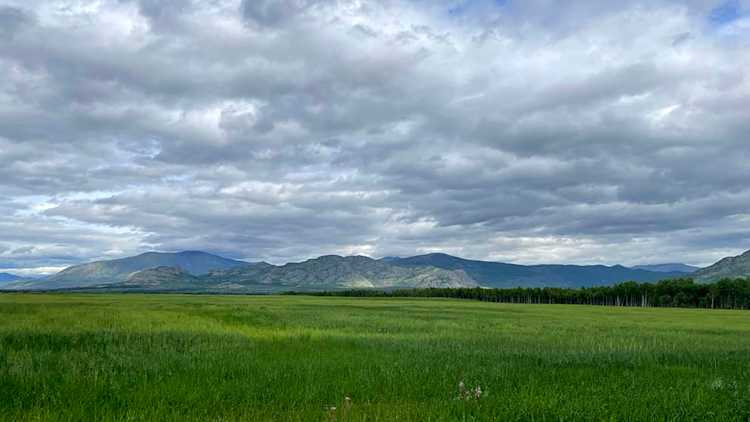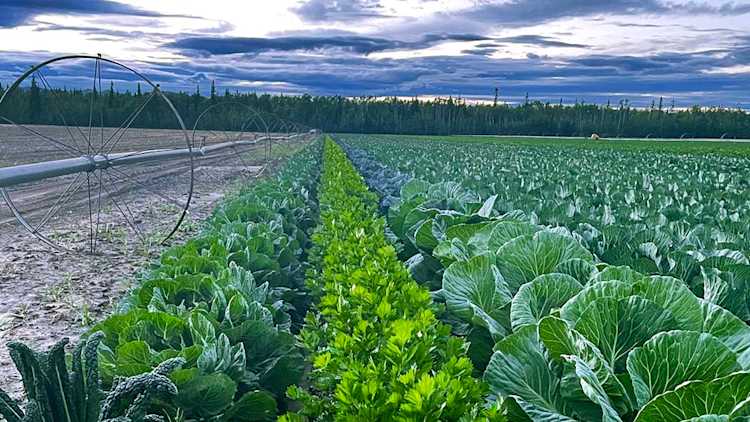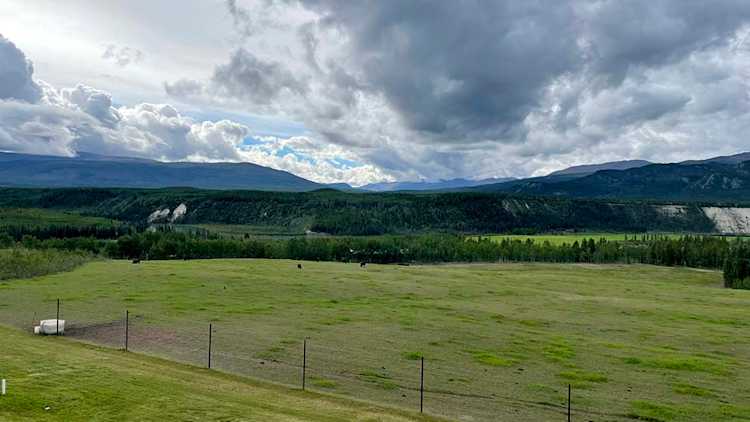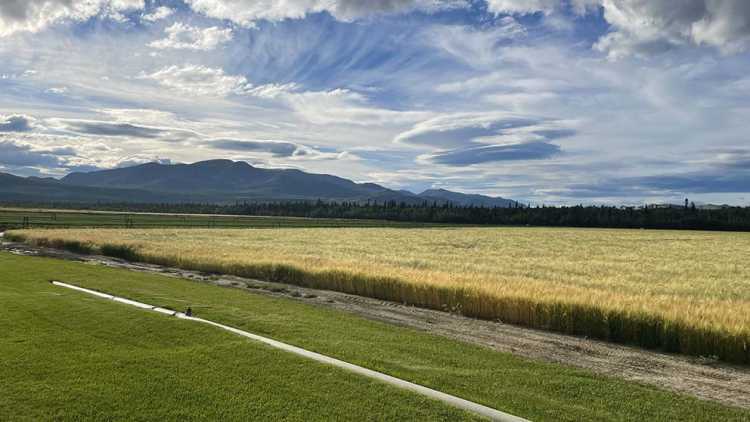Farming fortitude: Overcoming the unique challenges of the Yukon’s agriculture

Agriculture in the Yukon is alive and well. Food security is a focal point for the territory, where transportation costs and, at times, lack of available roads (primarily due to flooding, fires or snow) are major challenges. To help address these issues, the Yukon continues to work on increasing its self-sufficiency. Every year, local agriculture helps take Yukon one step further toward food security. But like all good things, it takes time to develop and prosper.
Variety is key to self-sufficiency
Total farmland of around 26,000 acres, with more being developed annually, supports a wide range of crops, from grain and forage to vegetables. Layer hen farms and even a dairy can be found in the Yukon. Livestock production includes beef cattle, bison, hogs and chickens - and horses dominate the scenery. Local sources of feed range from rolled or milled grain to hay and greenfeed. The diversity of Yukon agriculture can be further examined in the Yukon Farm Guide, a tool that highlights the Yukon’s farms, farm products and agricultural services.
Contending with a short growing season

Image: Irrigated crops of kale, celery and cabbage
Photo taken by Robert McDonald
With the clock always ticking towards fall frosts, crops tend to be seeded during weed emergence. Planting early-maturing crops is preferred since seeding in late May or early June is typical. With long days in June and July, the growing degrees are more than those in southern parts of Canada and enable the Yukon to grow a variety of crops despite the short growing season. Farmers tend to aim for crop maturity at the end of August in hopes of avoiding frost, knowing that snow and the winter season can arrive at any time.
Strength in community

Image: Bison pasture along the Takhini River
Photo taken by Robert McDonald
The Yukon has a powerful sense of community, and farming plays a large part in maintaining strong community ties. Whether it be selling food through to the local grocery stores, suppliers, restaurants or farmers markets – the entire agriculture and food chain is connected, and the sense of local pride and satisfaction abounds.
The conditions in the Yukon create a fierce independence, where producers act as one to combat difficult conditions. Taming a harsh environment into a manageable enterprise requires tremendous fortitude and vision, which the agricultural community has in spades. Clearing bush to develop arable land; along with six feet of snow (reported the last few winters) are all examples of the challenges faced.
The past several years have seen an influx of new entrants to agriculture with only a handful of older generations stepping back or exiting the industry. Despite these challenges, the opportunity to enter farming still exists in Yukon. Demand for arable land and access to river irrigation has been strong recently, pushing prices up to similar values seen in British Columbia and Alberta. Land close to Whitehorse, or higher quality land with a river license to irrigate, has higher land values, but further away from Whitehorse, the values tend to become lower.
While farming in the Yukon isn’t always easy, Yukon farmers are a proud lot with much to show for it. From developing their farms in the face of harsh conditions, to persevering through the unique challenges faced in the Canadian north, they display the fortitude and determination to make a go of it – and help increase their community’s food security in the process.

Image: Irrigated barley crop
Photo taken by Robert McDonald
Article by: Lorraine Spreadbury, Senior Relationship Manager and Robert McDonald, Senior Appraiser